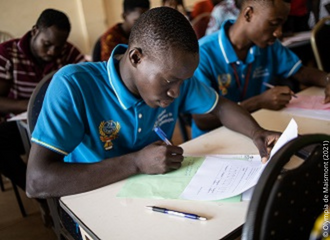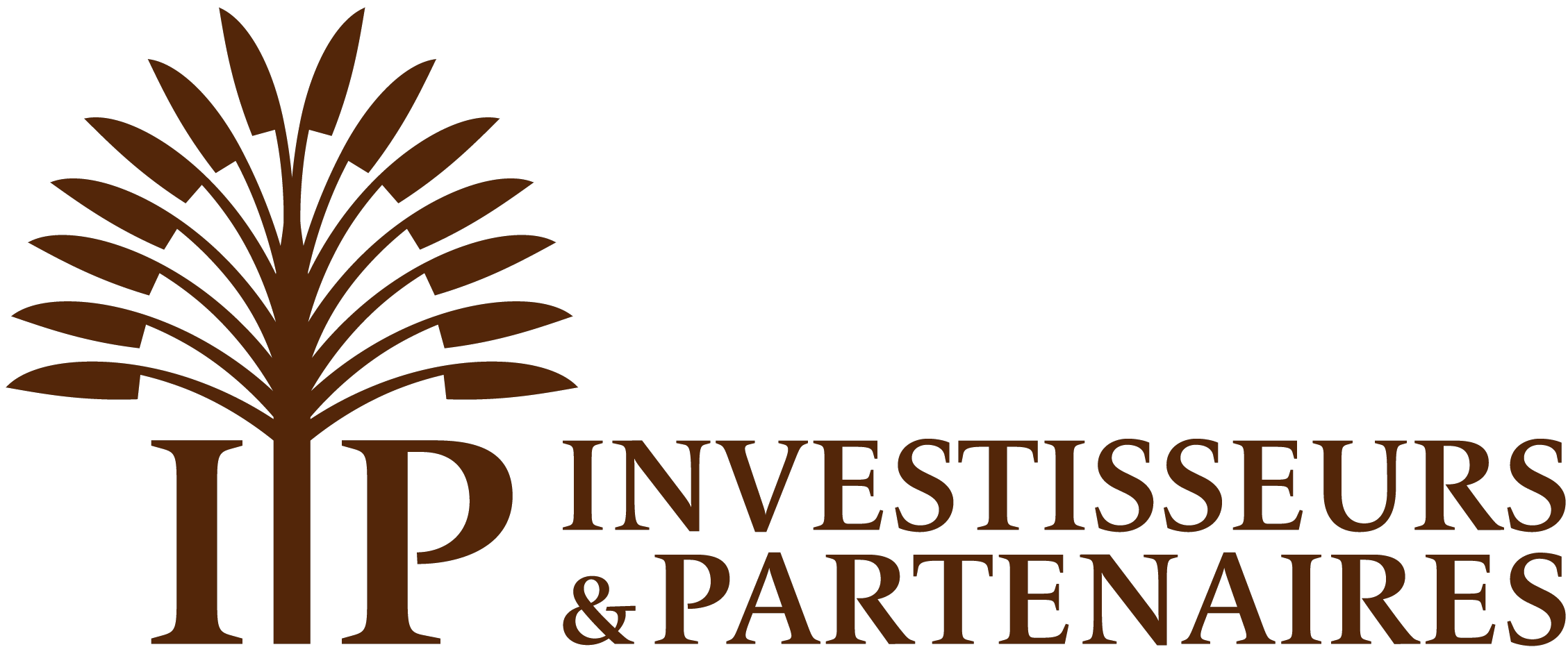A retrospective on the Education Forum organized by Ashoka in Dakar, with the participation of the I&P Education and Employment team
Submitted by admin on Fri, 12/03/2021 - 12:00
The NGO Ashoka Sahel, in partnership with the Education and Cooperation Foundation (EDUCO), organized the Education Forum on November 4 and 5, 2021, in Dakar. This forum brought together more than 60 actors of the educational community. Fatoumata Thiam, Business Manager of the I&P Education and Employment program, was among the speakers.
 Find out more about our program I&P Education to Employment
Find out more about our program I&P Education to Employment
Understanding the context and issues in Senegal
Today, 50% of the population of sub-Saharan Africa is under 18 years old[1] and 450 million young Africans will join the labor market by 2050[1] (10 to 12 million per year). This youth is both its greatest opportunity and its greatest challenge.
African states are becoming aware of the need to think of solutions to strengthen and adapt the capacities of the African labor market.
In the case of Senegal, the State has designed the Program for the Improvement of Quality, Equity and Transparency - Education/Training (PAQUET - FY 2013-2025) and has partnered with several actors in the educational ecosystem.
This program further focuses on three main issues namely:
- The quality of educational and training offers below the expectations of the populations and the needs of the country;
- Insufficient, inappropriate and not very inclusive educational provision;
- The governance of education and training is insufficiently effective and efficient.
A look back on the Education Forum organized by Ashoka
During the panel "Innovative financing of education and training: what strategy should be considered? Issues and Challenges", Fatoumata THIAM, Business Manager of the I&P Education and Employment program, discussed this question with :
- Mohamed SINANE, Specialist in Education Program Planning at UNESCO and moderator of the panel
- Faye Beye KASSE of the Private Sector Foundation for Education
- Sahid YALLOU, Managing Director of Ecobank Senegal
- Dr. Salimata DIOP, Economist of education and teacher researcher at the Faculty of Science and Technology of Education and Training (FASTEF)
The discussions highlighted the difficulties encountered by companies in the education sector, generally SMEs, when seeking financing solutions. These companies are confronted with the phenomenon of the missing-middle, i.e. the missing link in the system of financing of companies.
Indeed, large enterprises turn to banks and very small enterprises can turn to microfinance organizations. And despite the awareness of the banks, which are trying to offer banking products adapted to the needs of these companies, it is clear that the education sector is not very attractive for traditional finance.
Faced with this financing gap, the I&P Education to Employment program provides a response adapted to the realities of a sector that doesn’t attractmany investors. By offering financing coupled with technical assistance on key development themes such as social inclusion, digitalization and impact management, the program provides a financial solution as well as structural support to help the SMEs accelerate their development and ensure their sustainability.
Then, the panelists came back to the need to think about innovative financing models, taking the example of the Diaspora Bonds system, which have proven to be an excellent source of financing. In conclusion, a stronger mobilization of private sector resources seems indispensable to guarantee quality education on the African continent.
